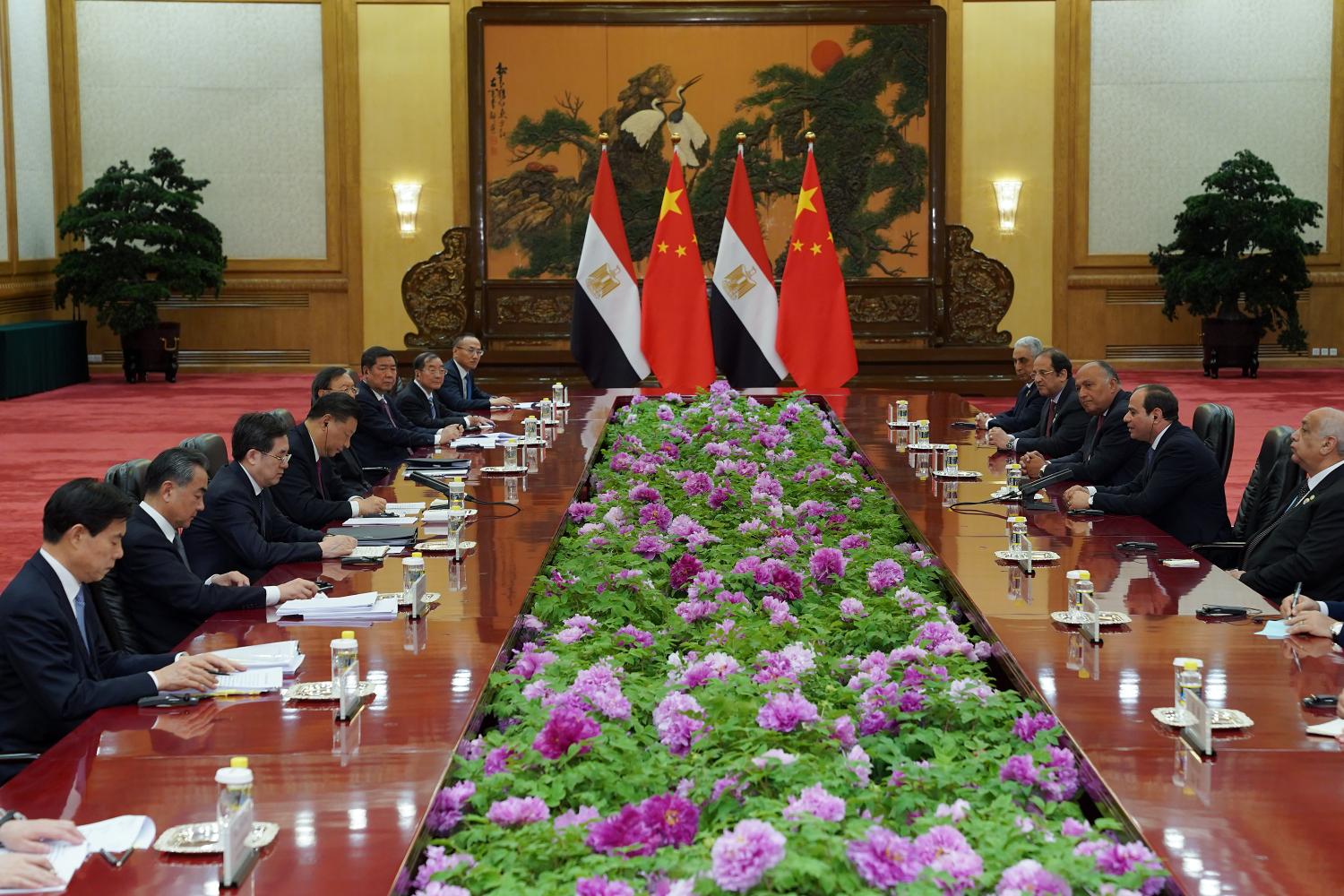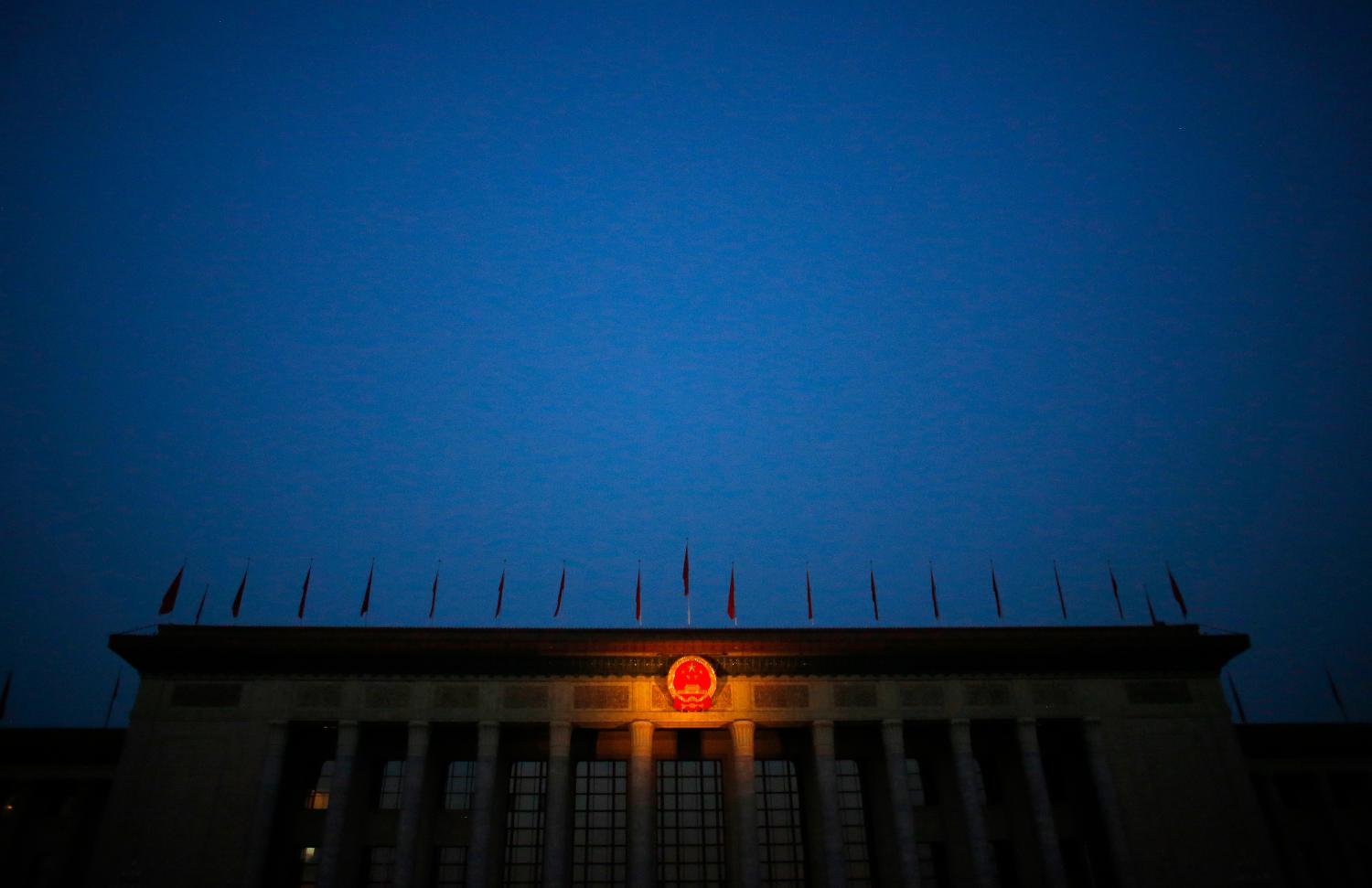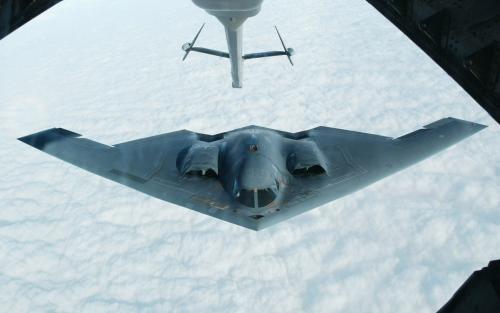Content from the Brookings Doha Center is now archived. In September 2021, after 14 years of impactful partnership, Brookings and the Brookings Doha Center announced that they were ending their affiliation. The Brookings Doha Center is now the Middle East Council on Global Affairs, a separate public policy institution based in Qatar.
Executive summary1
 The southern shores of the Mediterranean have become one of the most significant sites of great power competition as the United States continues to take a back seat in global affairs. A power vacuum left by a disengaged United States and a weakened Europe has created an opening for powers like China and Russia to expand their influence across North Africa. This is most apparent in the intensifying hard power battles in Libya’s proxy war, but it is also present in soft power competition in trade, investment, tourism, and cultural dissemination.
The southern shores of the Mediterranean have become one of the most significant sites of great power competition as the United States continues to take a back seat in global affairs. A power vacuum left by a disengaged United States and a weakened Europe has created an opening for powers like China and Russia to expand their influence across North Africa. This is most apparent in the intensifying hard power battles in Libya’s proxy war, but it is also present in soft power competition in trade, investment, tourism, and cultural dissemination.
China prefers a more comprehensive, soft power approach rooted in primarily economic ties, while Russia strategically chooses settings to display hard military power and defense diplomacy. In North Africa, China has expanded relations primarily through growing economic and commercial ties under the framework of President Xi Jinping’s Belt and Road Initiative (BRI). Russia plays a more overtly military and defense role in shaping security dynamics in the southern Mediterranean, notably by stoking Libya’s proxy war and supporting military strongman General Khalifa Haftar and through greater military cooperation and arms deals with other states such as Egypt.
The focus of this paper is primarily on China’s growing footprint in the southern Mediterranean within the context of great power competition, notably Russia’s expanding influence and America’s declining engagement. China-North Africa relations include both hard and soft power elements. However, China’s role in the region is still in a nascent phase, rooted in primarily soft power linkages and diplomacy. Beijing’s increasing ties in these countries centers largely on trade, infrastructure development, ports, shipping, financial cooperation, tourism, and manufacturing. In particular, this analysis examines Chinese bilateral ties with Morocco, Algeria, and Egypt, while also including a discussion on China’s Libya policy.
Notably, China’s relations with these countries are framed by its official policy of non-interference in political affairs, in contrast to the policies of historical Western partners. Likewise, these five countries, to varying extents, increasingly view China as a viable alternative partner to Europe and the United States, leading them to expand their cooperation with Beijing, not only on economic and cultural matters, but also on diplomacy and defense issues. At present, this reflects how North African countries are seeking to diversify their strategic alliances to gain some bargaining power vis-à-vis traditional partners like the United States and Europe.
It is unlikely that countries like China and Russia will replace Western economic and political influence in North Africa in the near future, but as the United States continues to disengage, Europe is losing its key security partner. This means that both the United States and the European Union are losing their ability to influence security dynamics in the southern Mediterranean. Overall, the strategic location of these five countries means that China’s presence will only continue to expand, especially in the economic realm.
-
Footnotes
- This paper is an expansion of the authors’ policy brief, “Beijing calling: Assessing China’s growing footprint in North Africa,” (Doha: Brookings Doha Center, September 23, 2019), https://www.brookings.edu/research/beijing-calling-assessing-chinas-growing-footprint-in-north-africa/.
The Brookings Institution is committed to quality, independence, and impact.
We are supported by a diverse array of funders. In line with our values and policies, each Brookings publication represents the sole views of its author(s).






